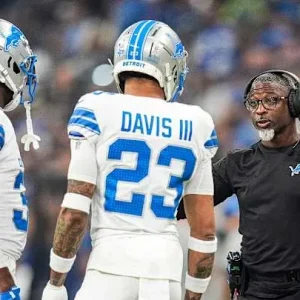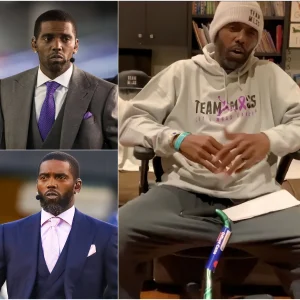In a candid revelation, Novak Djokovic, the world-renowned Serbian tennis star, recently admitted to feeling nervous about competing at the Olympics, particularly as he approached the quarter-finals. Despite being a seasoned athlete with numerous Grand Slam titles under his belt, Djokovic confessed that he was “not ready” for the challenges and pressure of the Olympic stage. This surprising admission sheds light on the mental and emotional toll that high-stakes competitions can have, even on the most accomplished athletes.
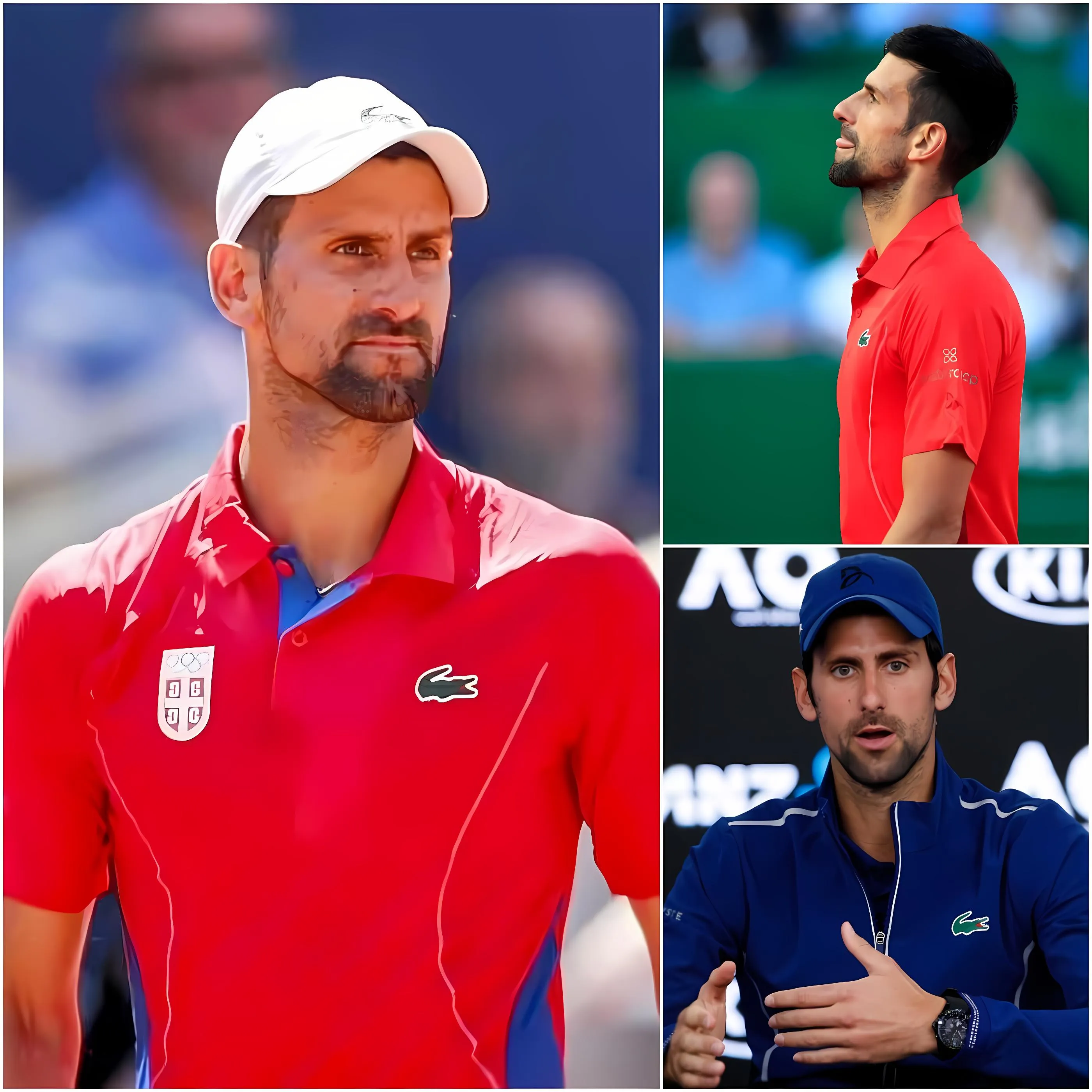
Djokovic’s unease was not a result of his physical condition or form; rather, it was rooted in his mental state. He expressed that the unique atmosphere and expectations surrounding the Olympics differ significantly from other tournaments. “The Olympics are a different kind of pressure,” Djokovic said. “It’s not just about individual glory; it’s about representing your country, and that carries a different weight.”
The Serbian star’s struggles began even before the tournament started. The pressure of representing his country and the expectations from fans worldwide contributed to his anxiety. Djokovic admitted that he felt overwhelmed by the anticipation and the desire to win a gold medal, which had eluded him in previous Olympic appearances. This intense pressure to perform for his nation and fulfill the expectations of millions of fans took a toll on his confidence.
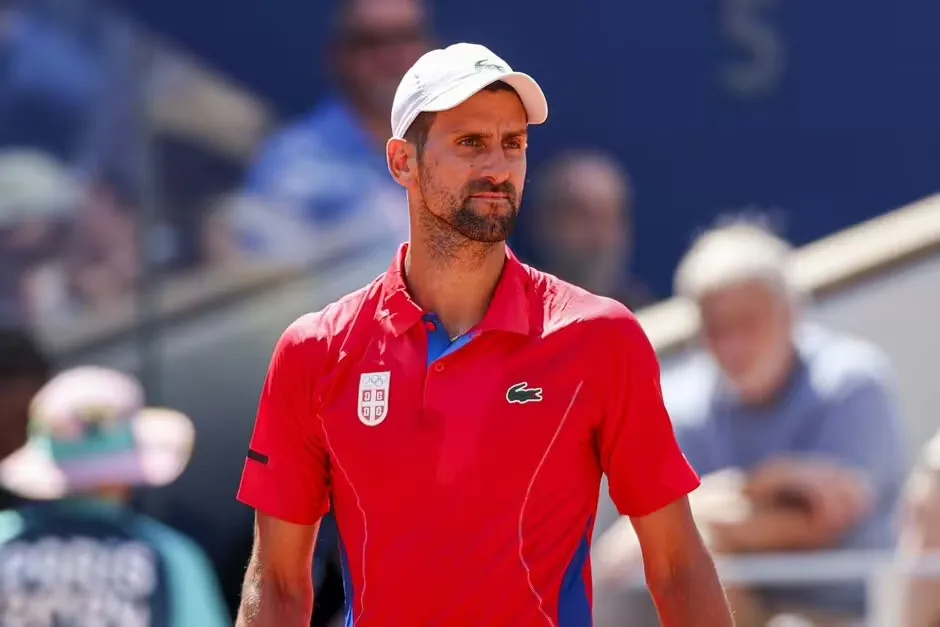
One of the key reasons Djokovic cited for his lack of confidence was the lack of adequate preparation time. Unlike Grand Slam events, where players have ample time to adjust and prepare, the Olympic schedule is often condensed and packed with matches. Djokovic felt that this limited time frame did not allow him to fully acclimate and adjust his game to the conditions. He said, “The preparation was not as thorough as I would have liked. We had a very short window to adapt to the environment and the court conditions, and that added to the stress.”
Additionally, the unique environment of the Olympic Village and the strict protocols in place due to the ongoing global pandemic also played a role in his discomfort. The lack of regular routines and the need to adhere to strict guidelines disrupted Djokovic’s usual pre-match preparations. The absence of a supportive crowd, which is a significant source of energy for many athletes, further compounded his anxiety. “The atmosphere was different, and it was hard to get into the right mindset. Without the fans, it felt a bit like playing in a bubble,” Djokovic explained.
Despite these challenges, Djokovic fought through to reach the quarter-finals, a testament to his skill and resilience. However, his journey ended there, as he struggled to find his rhythm and consistency. He admitted that the mental strain had affected his performance, leading to uncharacteristic errors and a lack of focus during crucial moments.
In reflection, Djokovic emphasized the importance of mental preparation and the need for athletes to openly discuss the psychological aspects of competition. He acknowledged that seeking help and support for mental health is vital, even for top-level athletes. “It’s okay to admit that you’re not always at your best, and it’s okay to seek help. Mental health is as important as physical health, and we need to take care of both,” Djokovic concluded.
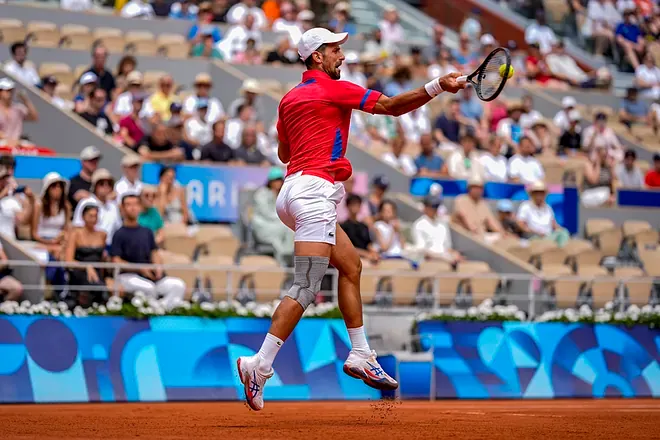
This revelation from Djokovic serves as a reminder that even the greatest athletes face mental and emotional challenges. His honesty about his struggles highlights the importance of addressing mental health issues in sports and provides a valuable lesson for aspiring athletes and fans alike. As Djokovic continues to compete, his experience at the Olympics will undoubtedly serve as a stepping stone in his journey, teaching him valuable lessons about resilience and the importance of mental well-being.




